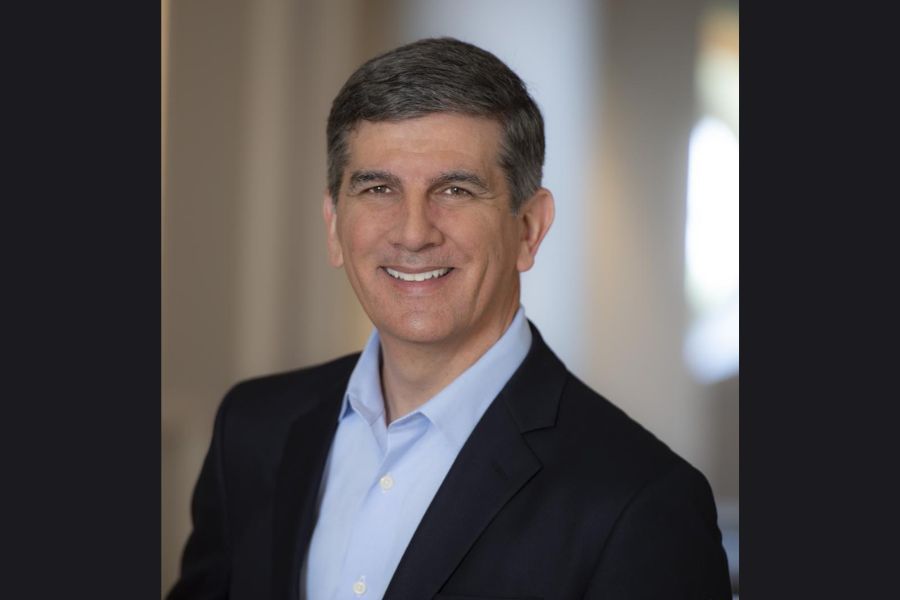Financial lives in flux as DOMA decision awaited
A Supreme Court decision on same-sex marriage, expected any day now, could improve the financial outlook significantly for…
A Supreme Court decision on same-sex marriage, expected any day now, could improve the financial outlook significantly for couples living in certain states, but many gay partners still will have to work around a system that affords financial benefits mostly to recognized spouses.
If the Defense of Marriage Act is declared unconstitutional, as many legal experts expect, same-sex couples living in the dozen states and District of Columbia that allow them to be married will no longer have to worry about gifting issues that arise when one spouse contributes more to common ex-penses. They also won’t have to file separate federal taxes and may save money by filing jointly, said J.T. Hatfield Charles, an adviser with Raymond James Financial Services Inc.
They’ll also have access to each other’s Social Security benefits and pensions after death, qualify for military spousal benefits and will not have to contemplate buying life insurance to cover the cost of estate taxes when one partner dies, he said.
1,100 FEDERAL BENEFITS
“Couples in the 12 states with same-sex marriage gain access to 1,100 federal benefits, so it would do a tremendous amount for those couples,” said Kyle Young, an adviser with Wells Fargo Advisors. “For those in states that don’t recognize gay couples, access to those federal benefits still will not be on the table.”
It’s unclear what would happen to a couple’s federal rights if they were to move out of a state that recognized gay marriage to one that didn’t. Mr. Young has clients for whom this issue has cut into their life plans.
Two of Mr. Young’s clients have been together for about 40 years but were married in New York last year after the state made same-sex marriages legal. If the Supreme Court decides to overturn DOMA, their financial picture will immediately brighten by at least $20,000 a year, and whichever partner lives the longest faces more financial security.
However, it makes the retired couple’s dream of moving permanently to their Pennsylvania vacation house less appealing, for several reasons.
Pennsylvania requires that marriage be between a man and a woman, so it’s unclear whether the two would still qualify for the federal benefits gained from a repeal of DOMA, including inheritance of pension and deferred-compensation plans. The surviving partner also would owe the state 15% of the deceased partner’s estate — the same amount he or she would if the two were strangers, Mr. Young said.
TAX COMPLICATIONS
This couple, as well as all same-sex couples who would gain federal benefits, would have to consider certain new tax complications. For example, couples could be hit with the “marriage penalty,” the bane of heterosexual couples. Couples where spouses had similar incomes are the most likely to face higher tax bills filing jointly than they would filing as two single people, accounting experts said.
But more importantly, a reversal of DOMA “would radically change the way that employee benefits are taxed and the way same-sex couples file and think about their planning,” said Todd Solomon, a partner at law firm McDermott Will & Emery LLP, who focuses on employee benefits.
If same-sex spouses were eligible for federal benefits, those benefits provided through a spouse’s employer no longer would be taxable, Mr. Solomon said. He added that couples with a state-recognized marriage could consider asking the Internal Revenue Service for these and other taxes to be returned to them as far back as 2010.
“I think there will be very dramatic changes, and people are waiting anxiously for the court’s decision,” he said.
Learn more about reprints and licensing for this article.








